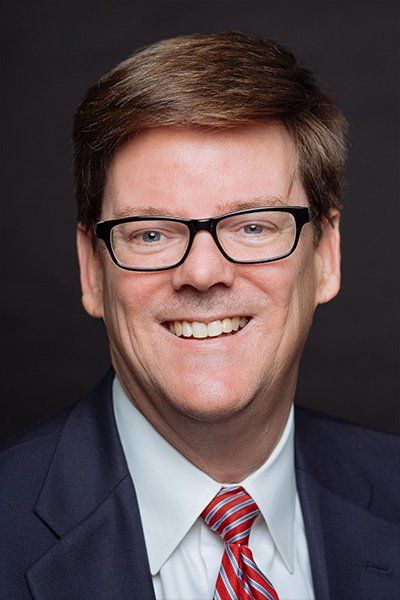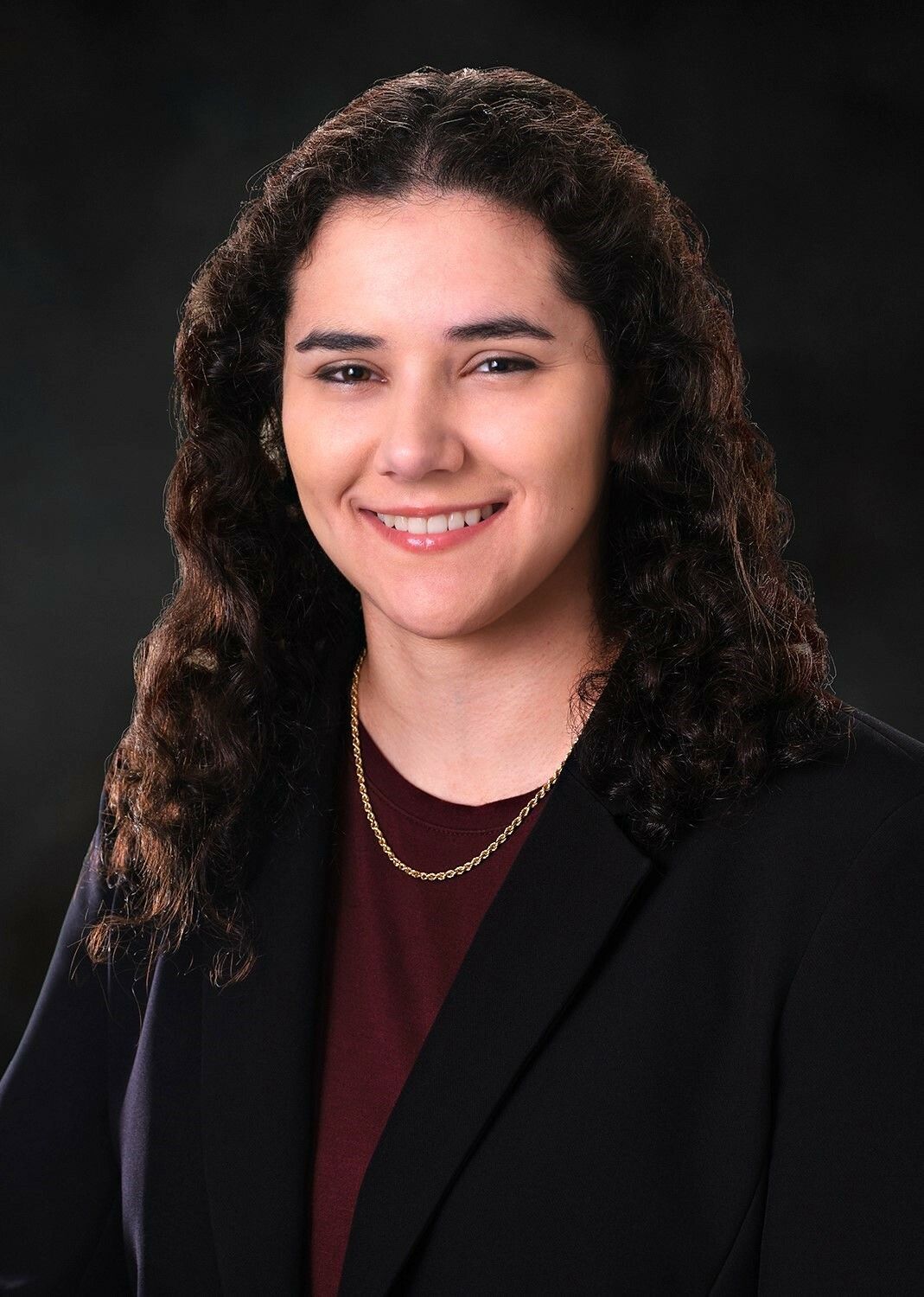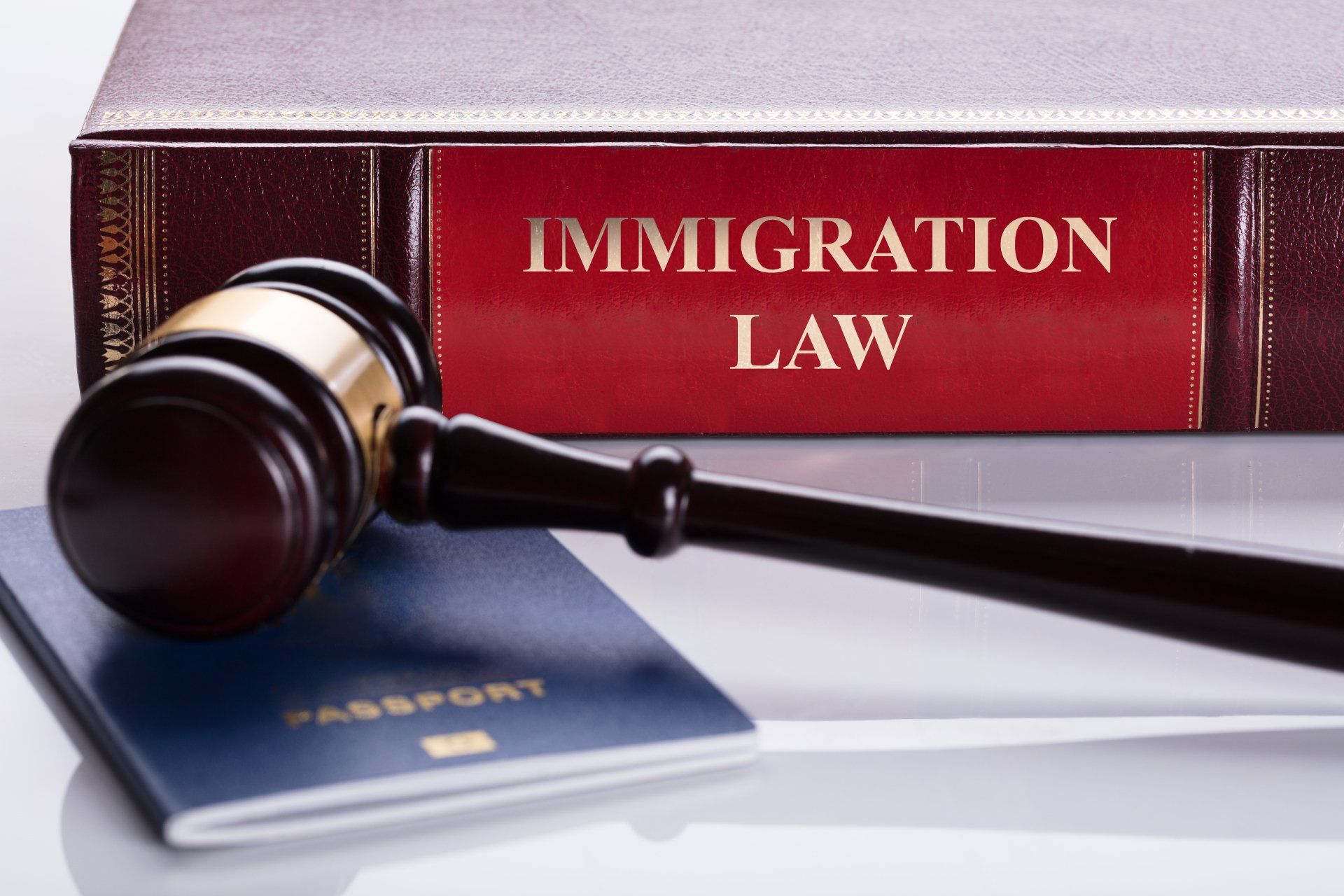What is Immediately at Risk for Immigrants after Donald Trump’s Inauguration
What is Immediately at Risk for Immigrants after Donald Trump’s Inauguration
On November 8, 2016 Donald Trump (“Trump”) was elected to be the 45th president of the United States after making immigration one of his main platform points. Despite conveying an anti-immigration message, Trump’s campaign mostly lacked policy details. This lack of information has left immigrants and immigrant sympathizers nervous and afraid since his unexpected election.
A few details have emerged. Trump’s first 100-day plan includes canceling President Obama’s immigration executive actions, canceling funding to “Sanctuary Cities,” and enacting the End Illegal Immigration Act. According to the Trump campaign, this proposed Act “funds the construction of a wall on our southern border with the full understanding that the country Mexico will be reimbursing the United States for the full cost of such wall; establishes a 2-year mandatory minimum federal prison sentence for illegally re-entering the U.S. after a previous deportation, and a 5-year mandatory minimum for illegally re-entering for those with felony convictions, multiple misdemeanor convictions or two or more prior deportations; also reforms visa rules to enhance penalties for overstaying and to ensure open jobs are offered to American workers first.” Trump has announced that he will immediately direct the Department of Homeland Security to deport 2 to 3 million illegal immigrants with criminal records.
While his 100-day plan calls for immediate action on immigration, there are limitations to what Trump can do unilaterally. Our immigration system is governed by executive actions, memos, regulations, statutes, and the Constitution.
Trump has the immediate power to revoke, suspend or modify President Obama’s executive actions, which include the 2012 deferred action for childhood arrivals program (DACA), the 2014 deferred action for parents of Americans and lawful permanent residents program (DAPA), and various memos. By every indication, it appears that Trump will suspend DACA and DAPA (which was never implemented). Whether he will immediately suspend the benefits of DACA, instruct USCIS to deny pending applications, stop accepting future applications, or take some other action to limit DACA is unknown. Anyone considering applying for or renewing their DACA should consult an immigration attorney before acting. There are also various Department of Homeland Security Memos prioritizing which immigrants should be targeted for removal and where such apprehensions can take place; however, due to space limitations, those memos are omitted from this article.
All current regulations for immigration will remain the same today as they will on Trump’s first day in office. A change or repeal of most regulations will require a time period with written notice and comment from the public. This will take time. If a regulatory change does not require “notice and comment,” the timeline for revision would likely be quicker.
Otherwise, sweeping changes in immigration law would have to come from Congress. Congress enacted the Immigration and Nationality Act (the “INA”) in 1952, and the INA remains the framework for immigration law. The INA is the basis for non-immigrant and immigrant visas, removal, asylum, prosecutorial discretion, and much more. A complete overhaul of the framework of the INA and immigration as we know it is likely to be difficult. Congressional members of the Republican Party internally disagree with how to fix the system, but given their control over two branches of government, large-scale immigration reform is not off the table. The Trump Administration is likely to find agreement on several key provisions that could affect a large number of immigrants. Some of those programs include the previously mentioned End Illegal Immigration Act (which would affect eligibility of visas and job availability for non-citizens), E-Verify, and the H-1B program.
Trump’s transition team has signaled that mandatory E-Verify for all employers is a top priority. The electronic employment verification system checks employees’ information against government databases to ensure employees are authorized to work in the U.S. E-Verify is currently optional for most employers. If employers are required to use E-Verify under threat of stiff penalties, undocumented immigrants would likely find it more difficult to obtain employment.
Trump is also likely to target the H-1B specialized knowledge visa program. The program was one of few immigration items, other than enforcement and border security, that Trump specifically mentioned during his campaign. Trump’s campaign website called for increasing the prevailing wages that employers must pay to their H-1B workers, to address the concern that lawful nonimmigrant workers have been undercutting U.S. workers’ wages. Trump’s website also called for requiring employers to recruit U.S. workers before being allowed to hire an H-1B worker.
Passing legislation is usually a time-consuming process. The laws must be written, debated by both parts of Congress, passed, and signed by the President into law. Even if Congress passes new immigration laws, implementation may take years. Employees of DHS and Department of State will continue to process and adjudicate applications and are required to follow these laws unless and until Congress passes new laws. Pending applications are normally grandfathered in and ultimately approved. Because of this, if you or someone you know currently qualifies for immigration relief, now is the time to move forward. Further, most immigration application filing fees increase effective December 23, 2016.
Finally, Trump and his allies have proposed some changes that would require amendments to the Constitution, including ending birthright citizenship. Constitutional rights are the hardest rights for Trump to change. Trump cannot change these rights based on his opinion or a congressional vote; he must go through a laborious process which has only been done seventeen (17) times in U.S. history. Non-citizens will continue to maintain their constitutional rights in the event of police encounter until a constitution amendment goes through the laborious process. In addition, the Constitution clearly provides that every child born in the U.S. is automatically a U.S. citizen. So far, these constitutional rights have received attention from Trump’s transition team, and it is unlikely that Trump will receive enough momentum to change them during his presidency.
Many U.S. citizens and non-citizens are concerned and wondering what to do in the face of expected immigration reform. We suggest the following: First, contact your elected officials, particularly your U.S. Senators and Representatives, and let them know your position on immigration and immigration reform. We suggest calling or writing actual letters to them. Second, stay informed. We will endeavor to keep you updated on the new administration’s actions and proposed legislation affecting immigrants. Third, consider advocating for rights of immigrants, their families, and others who will likely be affected by new immigration policies. Contact La Paz to find out what you can do to help. Finally, if you are an immigrant and you have questions or believe you may be eligible to obtain immigration status, or otherwise need legal assistance, please contact us. SE HABLA ESPAÑOL.
GKH attorneys pride themselves on being on the forefront of new immigration developments to best serve clients located around the world. Please call the GKH Immigration Group toll free at 888-463-8117 for more information or representation in your immigration process. We help clients through the internet from around the U.S. and the world.
Brittany Thomas Faith joined GKH in 2012 as a member of GKH's Immigration practice group and focuses her practice on immigration including Deferred Action for DREAMers, family based immigration petitions, and employment based petitions. She received her B.A. from Pennsylvania State University in 2009, and her J.D. from the University of Tennessee in 2012 where she was Director of the College of Law's Pro Bono Program. Before coming to GKH, Ms. Thomas worked at several immigration non-profits and created the College of Law's U Visa Alternative Spring Break Program. She is committed to providing personalized, cost-effective immigration services for her clients around the world and across the U.S. Ms. Faith is very active in the legal community. She currently the President-Elect of the Chattanooga Bar Association Young Lawyers Division and the Past President of the South East Tennessee Lawyers Association for Women. She serves on the boards of American Immigration Lawyers’ Association Midsouth Chapter, La Paz of Chattanooga, the Tennessee Bar Association Young Lawyers Division, and Mid-South Immigration Advocates. She is also a member of the Foreign Ministry of Mexico’s PALE program, which provides legal advice to Mexican nationals residing in the U.S. She can be reached at bfaith@gkhp.com.
David Elliott has been practicing immigration and business law for over 20 years at GKH. A native of Cleveland, Tennessee, he received a Bachelor of Arts degree in mathematics from Vanderbilt University and his law degree from Duke University School of Law. He enjoys helping businesses, families and individuals with immigration and business issues. He can be reached at delliott@gkhpc.com.The body content of your post goes here. To edit this text, click on it and delete this default text and start typing your own or paste your own from a different source.










